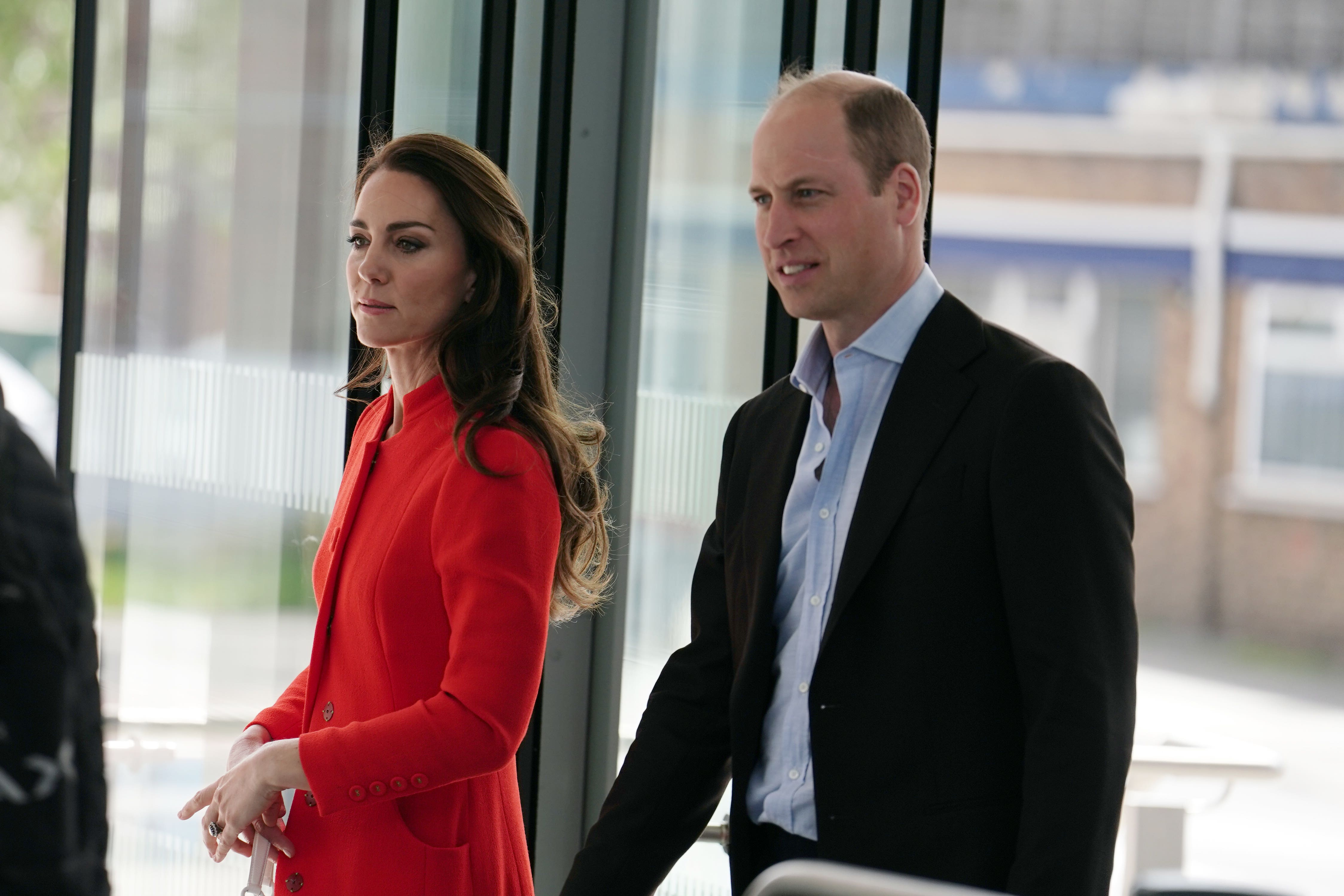Royal Foundation partners with United Nations to fight illegal wildlife trade
The partnership centres around the United for Wildlife programme, founded by the Prince of Wales and the Royal Foundation in 2014.

Your support helps us to tell the story
From reproductive rights to climate change to Big Tech, The Independent is on the ground when the story is developing. Whether it's investigating the financials of Elon Musk's pro-Trump PAC or producing our latest documentary, 'The A Word', which shines a light on the American women fighting for reproductive rights, we know how important it is to parse out the facts from the messaging.
At such a critical moment in US history, we need reporters on the ground. Your donation allows us to keep sending journalists to speak to both sides of the story.
The Independent is trusted by Americans across the entire political spectrum. And unlike many other quality news outlets, we choose not to lock Americans out of our reporting and analysis with paywalls. We believe quality journalism should be available to everyone, paid for by those who can afford it.
Your support makes all the difference.The Prince and Princess of Wales’s Royal Foundation has partnered with the United Nations Office on Drugs and Crime (UNODC) to work towards ending the illegal wildlife trade.
The partnership centres around the United for Wildlife programme – founded by William and the Royal Foundation in 2014 – which aims to make it impossible for traffickers to transport, finance or profit from illegal wildlife products.
The illegal wildlife trade is associated with violent crime, corruption and other forms of trafficking, according to the Royal Foundation.
This partnership exemplifies the breadth and diversity of United for Wildlife’s global network as we combine our expertise, resources, and unwavering determination to end wildlife crime for good
The partnership will increase “much-needed” law enforcement engagement in fighting criminal syndicates behind the trade and aims to tackle high-level corruption that “often” facilitates wildlife trafficking, the prince and princess’s organisation said.
UNODC officers will be based in Southern Africa, West Africa, East Africa, Latin America, and Asia to expand United for Wildlife’s “visibility, membership and regional coverage”.
The United Nations body will be supported by DP World – a logistics company which has long advocated for increased action in fighting the illegal wildlife trade.
Amanda Berry OBE, chief executive of the Royal Foundation, said: “The illegal wildlife trade continues to exploit and threaten the world’s most vulnerable species.
“Tackling this heinous crime requires a serious and organised response built on collaboration across sectors and borders.
“United for Wildlife – with its global network of over 450 partners – will do all it can to support this response around the world.
“As a world leader in the disruption and prevention of transnational crime, UNODC will be a key partner for the Royal Foundation in its delivery of United for Wildlife.
“This partnership exemplifies the breadth and diversity of United for Wildlife’s global network as we combine our expertise, resources, and unwavering determination to end wildlife crime for good.”
Through this new partnership, we will safeguard our fragile ecosystems for future generations and preserve nature’s delicate balance
UNODC executive director Ghada Waly said she is “proud” to join forces with the Royal Foundation and DP World to fight wildlife crime.
“With its technical support and global field network, UNODC is ideally placed to equip law enforcement agencies around the world with the tools, resources and expertise needed to disrupt and dismantle the criminal networks perpetuating this transnational crime,” she added.
“Through this new partnership, we will safeguard our fragile ecosystems for future generations and preserve nature’s delicate balance.”
Maha Al Qattan, chief people and sustainability officer of DP World, said she is “delighted” to help bring the two organisations together to ensure a “better future for all”.
The three-year agreement will come into force on August 1.
Over the last six years, United for Wildlife has contributed to more than 500 law enforcement cases, over 400 arrests, nearly 300 seizures of wildlife products and has trained more than 100,000 people.
The network spans the globe from South East Asia to South America, and Europe to East Africa.